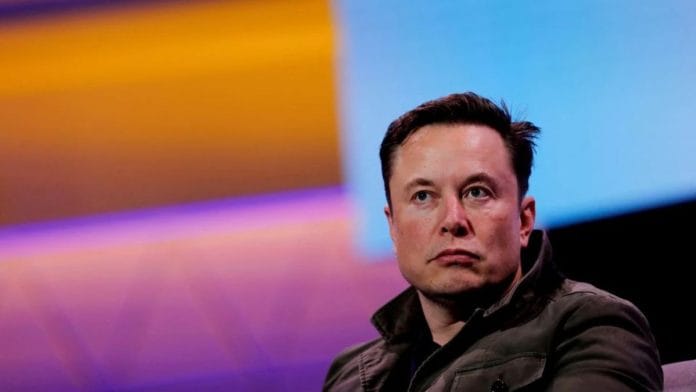Two recent events indicate that additional security of digital intermediaries’ content moderation practises is in the offing. First, Elon Musk completed his $44 billion purchase of Twitter. He also announced that the social media company would form a “content moderation council” that will decide on account reinstatements and content-related queries.
Second, the Ministry of Electronics and Information Technology notified amendments to the Information Technology (Intermediary Guidelines and Digital Media Ethics Code) Rules, 2021 paving the way for government oversight on how online intermediaries like social media companies handle user complaints.
Musk’s announcement to constitute a content moderation council with “widely diverse viewpoints” validates the Indian government’s approach to social media regulation. There is a tacit admission that external oversight enables social media companies to make decisions free of biases.
This is not the first time that a company is looking to outsource some of its decision-making on content takedowns to external experts. Meta (formerly Facebook) established an Oversight Board in 2020. Recently, India’s homegrown social media company – Koo – announced that the company is in the advanced stages of creating an independent advisory board to deliberate on content moderation practices.
Also Read: Exit of VPNs just the beginning. CERT-In’s cybersecurity rules will affect many players
Narrowing of safe harbour
Since the mid-nineties, law makers around the world have held that social media intermediaries are not legally responsible for wrongful activities of their users. This approach allows intermediaries to set the rules themselves (self-regulation). Section 230 of the America’s Communications Decency Act (CDA), one of the first laws in the world that dealt with intermediary liabilities which is the foundation of such “safe harbour” for intermediaries, was passed in the US in 1996 when the internet was still in its infancy. The ‘safe harbour’ is further strengthened by the First Amendment of the US Constitution.
Few could have predicted the phenomenal growth that social media has achieved today. Today, these companies possess the ability to influence democratic processes worldwide. Consequently, many governments are increasingly relying on external oversight to supplement ‘self-regulation’.
For example, in 2021, Australia introduced an Online Safety Act to create an office of ‘eSafety Commissioner’ to address complaints relating to cyber abuse, image-based abuse, and cyberbullying. Similarly, the European Union’s Digital Services Act mandates the intermediaries to constitute an internal complaint-handling system and obliges them to engage with out-of-court dispute settlement bodies. MeitY’s recent amendment to the IT Rules is a manifestation of this trend.
For all his absolutism on free speech, Musks’ interventionist attitude towards speech on Twitter, is a contradiction. He considers Twitter to be a ‘public square’, but also thinks it is appropriate for a council or committee to oversee it.
Also Read:India doesn’t need a media market regulator. Industry actually needs more economic freedom
Impact
Soon after he bought Twitter, Musk fired three top officials, including Parag Agarwal, its chief executive officer and the company’s legal head Vijaya Gadde. On 30 September, he tweeted a conspiracy theory about the attack on Paul Pelosi, husband of Nancy Pelosi, the Speaker of the US House of Representatives, which he later deleted. On 31 September, Musk alleged that the New York Times had published a fake news item about him tweeting links from a website known to publish false news.
As the impact of Musk’s takeover of Twitter unfolds in the coming months, one thing is clear: the calls for external oversight over social media intermediaries are going to get louder. This may open the door to renewed conflicts over global standards on online speech. India’s latest rules come at a time when the discourse on imposing stringent obligations on social media intermediaries is gaining prominence outside of the US.
The approaches to regulating free speech in the US and India differ significantly – the former is sceptical of excessive government intervention, while the latter prioritises harm caused by sensitive and controversial content. Over the last few years, the US has increasingly demanded that countries with which it does business provide safe harbours for online speech on social media. However, the risk of Musk’s impulsive actions will make it difficult for the US to continue to export its current self-regulation approach to jurisdictions such as India.
The authors work at Koan Advisory Group, a technology policy consulting firm. Views are personal.
This article is part of ThePrint-Koan Advisory series that analyses emerging policies, laws and regulations in India’s technology sector. Read all the articles here.
(Edited by Tarannum Khan)






